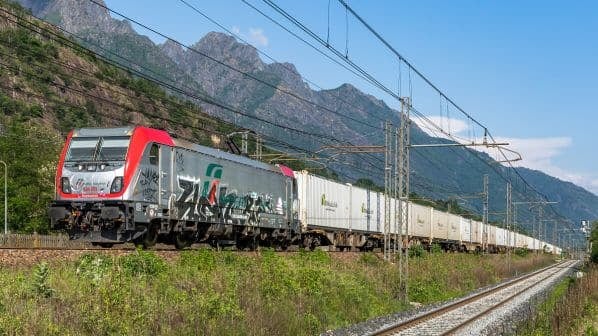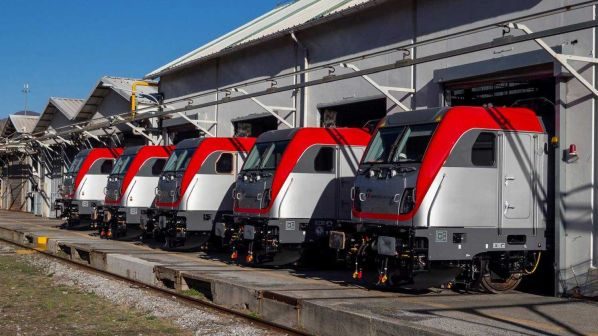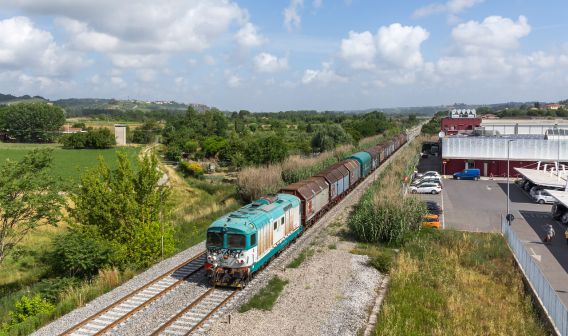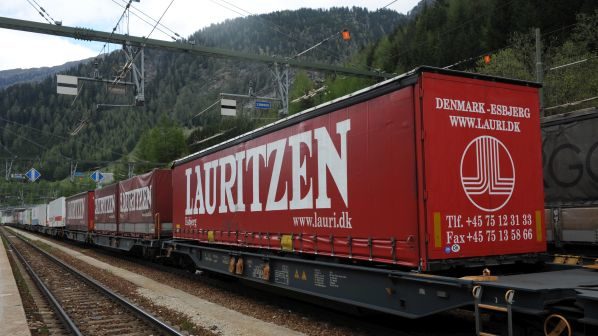INFRASTRUCTURE manager Italian Rail Network (RFI) has unveiled Easy Rail Freight, a new digital platform which aims to develop intermodal transport by offering shippers a complete overview of the services available and more closely matching supply with demand.
RFI says that by providing easier access to information on existing services, the new app will make it possible to promote them more efficiently and effectively. This should help to make logistics services more reliable and more flexible, improving the competitiveness of rail-based intermodal transport and driving up traffic volumes.
The new system is driven by a database containing information provided by rail freight operators, as well as terminal operators, intermodal operators, road hauliers and companies providing administrative services.
Easy Rail Freight should enable operators to better meet the specific requirements of the growing number of small and medium-sized companies that are now using intermodal services, RFI says, providing a complete overview of the shipping process, whether it is from door to door or from terminal to terminal.
RFI has designed, developed and introduced Easy Rail Freight itself, working closely with all stakeholders. With the current demand for logistics services mainly characterised by more variable consignment size and an increasing number of origin points and destinations, it says that the speed of delivery is becoming a determining factor in the value chain.
By digitising logistics processes, RFI is aiming to contribute to the decarbonisation of freight transport, in Iine with European Union (EU) objectives to accelerate the transition to an environmentally-neutral, climate-resilient and more efficient circular economy.
"EasyRailFreight aims to be a tool to support logistics and the transport of goods by rail, through a digital infrastructure that replicates the physical infrastructure,” says RFI CEO and general manager, Mr Gianpiero Strisciuglio.
“Thanks to the contribution of railway and road haulage companies, terminal operators and all operators in the freight sector, we will implement the digital system to enable information exchange, booking of services, and predictive interventions.”




